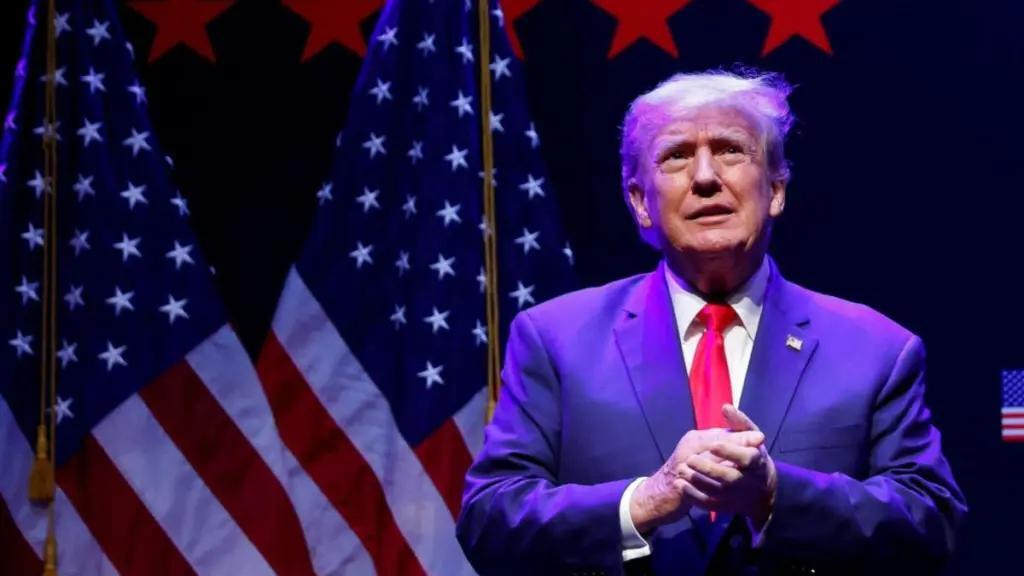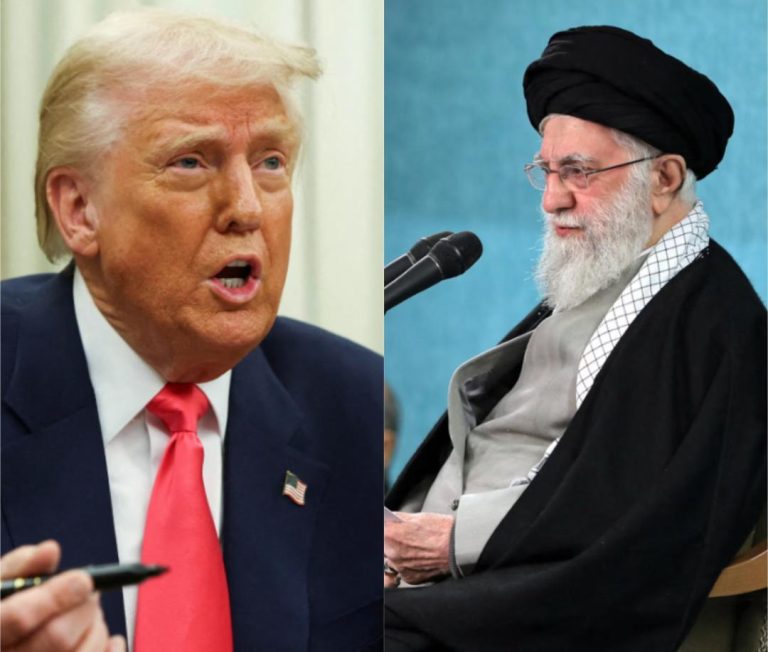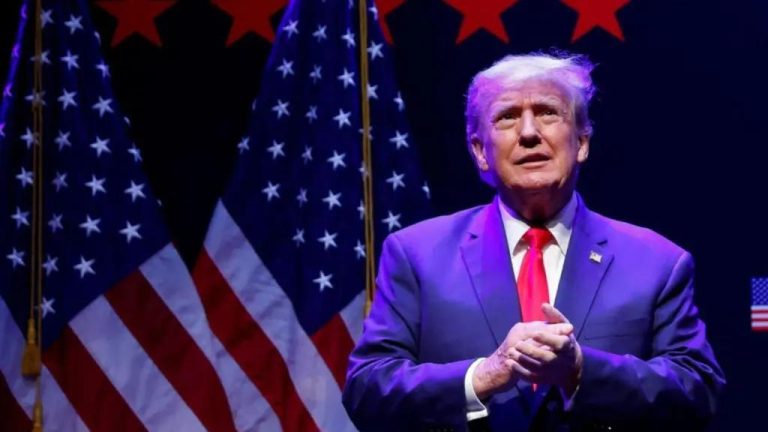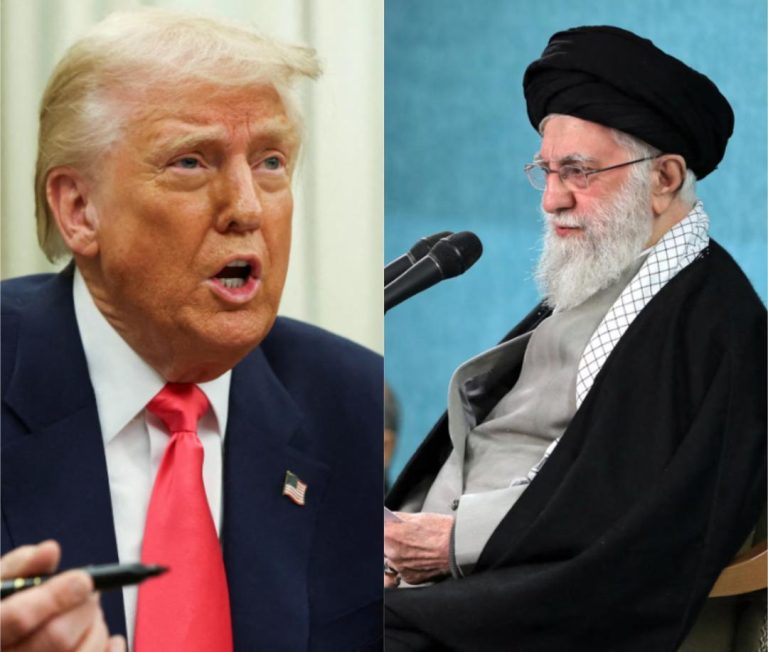
Donald Trump Exempts Smartphones & Computers from Reciprocal Tariffs
In a recent move, United States President Donald Trump has excluded smartphones, computers, and other electronic items from the reciprocal tariffs, including the 125% tariffs he imposed on Chinese goods, according to a Customs and Border Patrol notice. This decision comes amid concerns by tech giants, including Apple, that gadget prices may rise due to Trump’s tariffs, as many of them are manufactured in China.
The reciprocal tariffs were imposed by the Trump administration in response to China’s alleged unfair trade practices, including intellectual property theft and forced technology transfers. The tariffs, which went into effect on September 1, applied to a wide range of Chinese goods, including textiles, plastics, and electronics.
However, it appears that the administration has had a change of heart when it comes to electronic items. According to the Customs and Border Patrol notice, smartphones, computers, and other electronic items will be exempt from the 125% tariffs. This exemption is expected to benefit companies like Apple, Samsung, and Lenovo, which rely heavily on Chinese manufacturing facilities to produce their products.
The decision to exempt electronic items from the tariffs is likely to be seen as a significant relief by tech companies, which had been vocal about the potential impact of the tariffs on their businesses. Apple, in particular, had warned that the tariffs could increase the cost of its products by up to 20%, which could lead to higher prices for consumers.
The exemption is also likely to benefit consumers, who may not have to pay higher prices for electronic items. The tariffs had been seen as a potential blow to the tech industry, which relies heavily on global supply chains. The exemption could help to mitigate some of the risks associated with the tariffs and prevent price increases for consumers.
It’s worth noting that the exemption is not a blanket one, and certain electronic items may still be subject to tariffs. The Customs and Border Patrol notice provides more details on which items are exempt and which are not. However, for the most part, the exemption is expected to benefit companies and consumers alike.
The decision to exempt electronic items from the tariffs is also seen as a significant shift in the Trump administration’s trade policy. The administration had previously been adamant that the tariffs would remain in place, and had even threatened to impose additional tariffs on Chinese goods.
The exemption is likely to be seen as a concession to China, which had been pushing for a resolution to the trade dispute. China had been seeking to negotiate a trade deal with the United States, and the exemption may be seen as a sign that the Trump administration is willing to listen to Beijing’s concerns.
The exemption is also likely to be seen as a blow to the Trump administration’s “America First” trade policy, which had been based on the idea of protecting American industries and jobs through tariffs and trade agreements. The exemption may be seen as a recognition that the tariffs are having unintended consequences, and that they may not be the best way to achieve the administration’s goals.
In conclusion, the decision to exempt smartphones, computers, and other electronic items from the reciprocal tariffs is likely to be seen as a significant relief by tech companies and consumers alike. The exemption is expected to benefit companies like Apple, Samsung, and Lenovo, which rely heavily on Chinese manufacturing facilities to produce their products. It’s also likely to benefit consumers, who may not have to pay higher prices for electronic items.
The exemption is likely to be seen as a significant shift in the Trump administration’s trade policy, and may be seen as a concession to China. It’s also likely to be seen as a blow to the Trump administration’s “America First” trade policy, which had been based on the idea of protecting American industries and jobs through tariffs and trade agreements.
Source:






